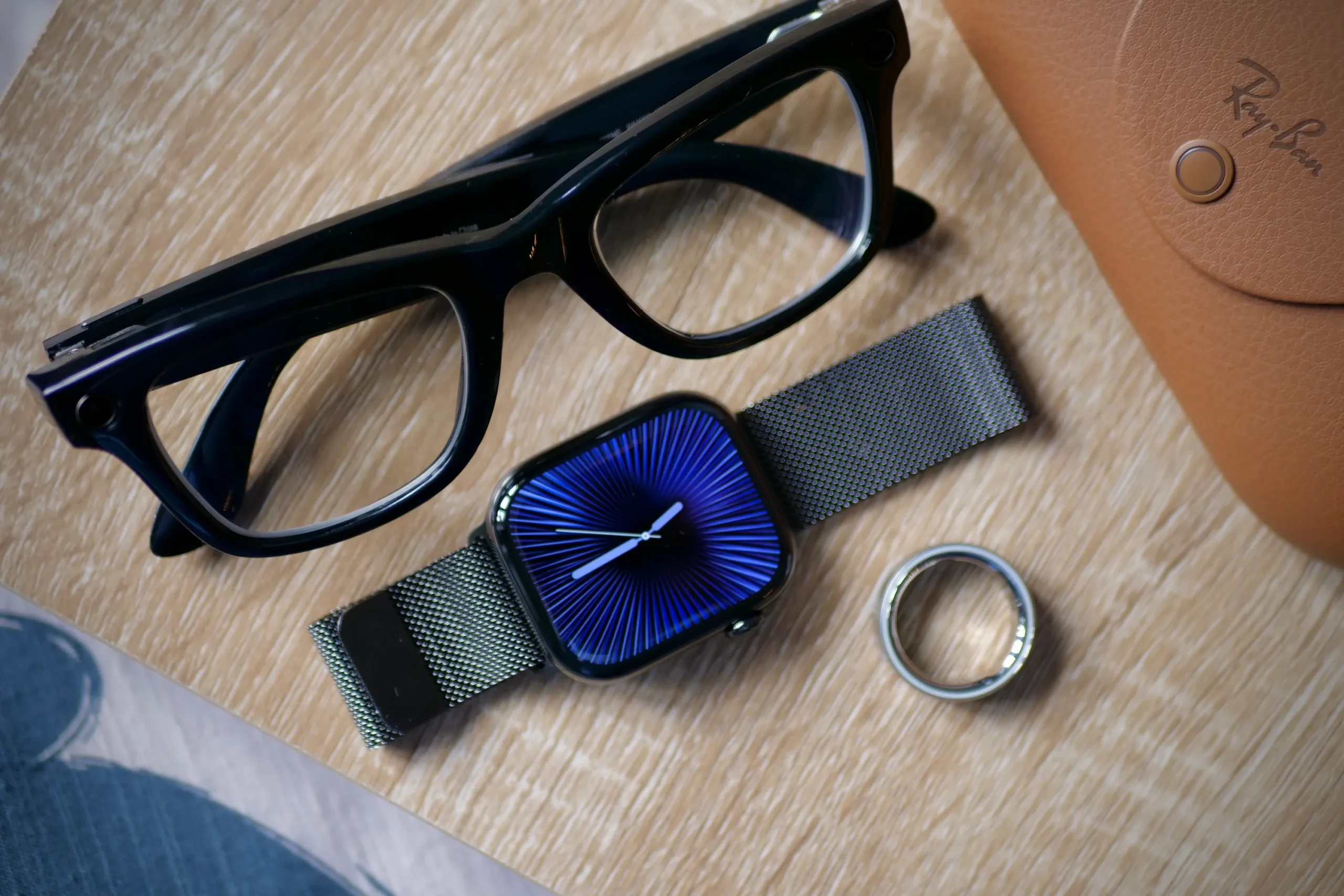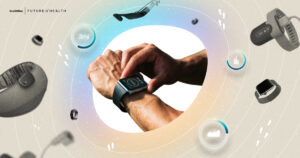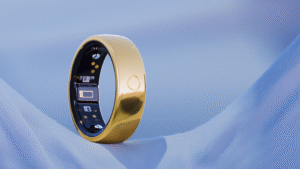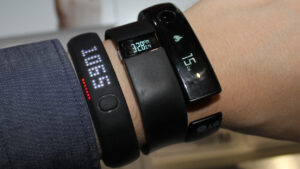Introduction to Wearable Tech
Wearable technology has rapidly transformed from a futuristic concept into a daily staple for millions of people. From fitness trackers to smartwatches, these gadgets have become indispensable in managing health, increasing productivity, and staying connected. But as their popularity grows, it’s essential to examine whether using wearable tech every day truly enhances our lives or whether it comes with hidden drawbacks. This blog explores the advantages and disadvantages of incorporating wearable devices into your daily routine, providing a balanced view to help you make informed decisions about jumping onto the wearable tech bandwagon.
Advantages of Daily Wearable Tech Use
Wearable devices have revolutionized how we interact with technology, offering countless benefits that elevate convenience and productivity to the next level. Their unique features provide insights and efficiencies that traditional devices simply can’t match.
Health Monitoring
One of the standout benefits of wearable tech is its ability to monitor and improve our health. Devices like fitness trackers and smartwatches track a variety of health metrics, such as heart rate, sleep cycles, steps, and calories burned. Innovative features, like ECG capabilities in advanced models, even allow wearables to detect heart irregularities, which could lead to early diagnoses. These health insights encourage healthier lifestyle choices and make it easier for us to take control of our well-being. Over the next few years, wearable tech advancements are projected to include glucose monitoring and AI-driven alerts for potential health risks, making these devices even more indispensable.
Convenience and Efficiency
Wearables bring unparalleled convenience to our lives. They streamline daily tasks by integrating features like notifications, calendar updates, and voice commands directly on your wrist or through smart audio devices. Gone are the days of constantly reaching for your smartphone; wearables keep you on top of your tasks while still enabling you to stay present in social settings. Features like hands-free navigation, contactless payments, and real-time updates make wearable tech a time-saving tool for busy individuals juggling work, personal commitments, and more.
Staying Connected
For many, wearable technology serves as a lifeline for staying connected. Whether it’s responding to messages on the go, receiving call alerts, or checking emails, wearables help users remain plugged in even when their smartphones are out of reach. Innovations like hearables take connection a step further, with features including real-time language translation and adaptive audio settings that enhance communication in diverse scenarios. This connectivity is particularly valuable for professionals needing to stay informed during work or for individuals who travel frequently and require immediate updates.
Disadvantages of Daily Wearable Tech Use
While wearable tech offers incredible benefits, constant use also introduces challenges that should not be overlooked.
Privacy Concerns
One of the biggest issues with wearable devices is the amount of personal data they collect. From detailed health metrics to precise location tracking, wearables inherently require access to sensitive information for optimal performance. However, this dependency raises concerns about data security and the potential misuse of personal data by third parties. For instance, devices not equipped with stringent encryption protocols could expose user data to breaches, creating risks for both individuals and organizations. Solving these privacy issues will require stricter regulations and better transparency from manufacturers regarding how data is stored and used.
Over-Reliance on Technology
Another downside to daily wearable use is the tendency to become overly reliant on technology. Depending too much on wearables for basic tasks, like step counting or scheduled reminders, can reduce our innate problem-solving skills and ability to remember key details. Some users may feel compelled to meet fitness goals set by their devices, leading to stress or unhealthy habits if those metrics are prioritized over personal well-being. Striking a balance between leveraging the convenience of wearable tech and maintaining independent decision-making is essential to ensure that these tools add value rather than dependency.
Battery Life and Maintenance
Despite rapid advancements in wearable technology, issues related to battery life and maintenance persist. The need to regularly charge devices can disrupt their use, especially for features like continuous health monitoring that rely on constant uptime. Advanced functionalities, such as GPS tracking or high-resolution displays, tend to drain batteries even faster. Wearables also require proper maintenance, including software updates and physical upkeep, to function effectively over time. These minor inconveniences can add up, deterring users from fully committing to these devices for their daily needs.




